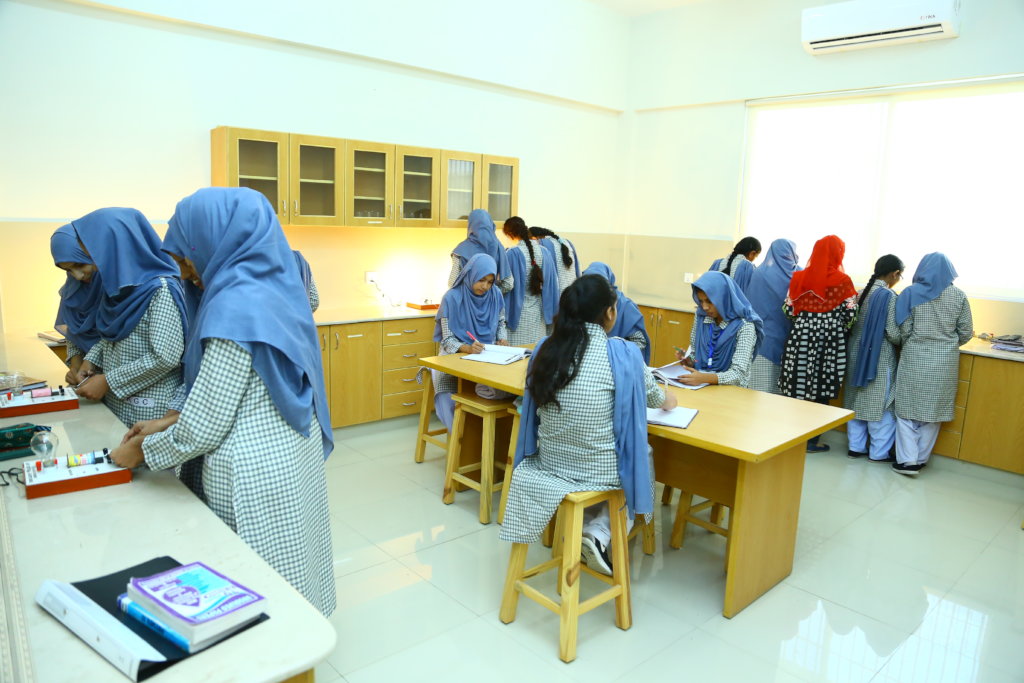Staf Report
ISLAMABAD: The Ministry of Federal Education & Professional Training during the fiscal year 2023-24 has implemented 21 projects/programmes about basic and college education (12 ongoing and six new projects), with an allocation of Rs 3.78 billion.
The federal government had earmarked during the current financial year, around Rs 68.2 billion in PSDP 2023-24 for the education sector, including higher education.
According to the Economic Survey 2023-24 launched by Minister for Finance and Revenue Senator Muhammad Aurangzeb on Tuesday, the PSDP was implementing three projects (one ongoing and two new projects) in Balochistan, with an allocation of Rs 0.8 billion.
The major initiatives/accomplishments by the Federal Government during the current fiscal year included the launching ceremony of the project titled “Challenge Fund to Address the Out of School Children (OOSC) Crisis in Pakistan” (cost Rs 25,000 million) held under the chairmanship of the Deputy Chairman, Planning Commission on August 4, 2023.
“The objectives of the project are to provide quality education to male, female, rural, and urban inhabitants as envisaged in Sustainable Development Goals (SDGs), enhance girls’ education by implementing different approaches stranding both supply and demand side issues, utilize multi-sectoral approaches, adopt teaching and learning approaches and ensure a learning environment that caters to the needs of different groups of OOSC and expand community engagement efforts through multi-faced bridging efforts and sectoral interventions,” the Survey noted.
Another project titled “Enrolment, Retention & Progression of Out of School Children (OOSC) (Cost Rs 700 million) was approved by DDWP.
The project aimed to enroll, retain, and progress OOSC in Islamabad Capital Territory (ICT), provide an inclusive and quality education through conventional, remedial, and accelerated learning pathways, engage wider stakeholders to address the OOSC issues in ICT, engage NGOs and Private Schools, etc. to enroll OOSC and marginalized children through available schemes and government initiatives such as vouchers, transportation, school meals and effectively monitor and maintain database of OOSC in ICT.





